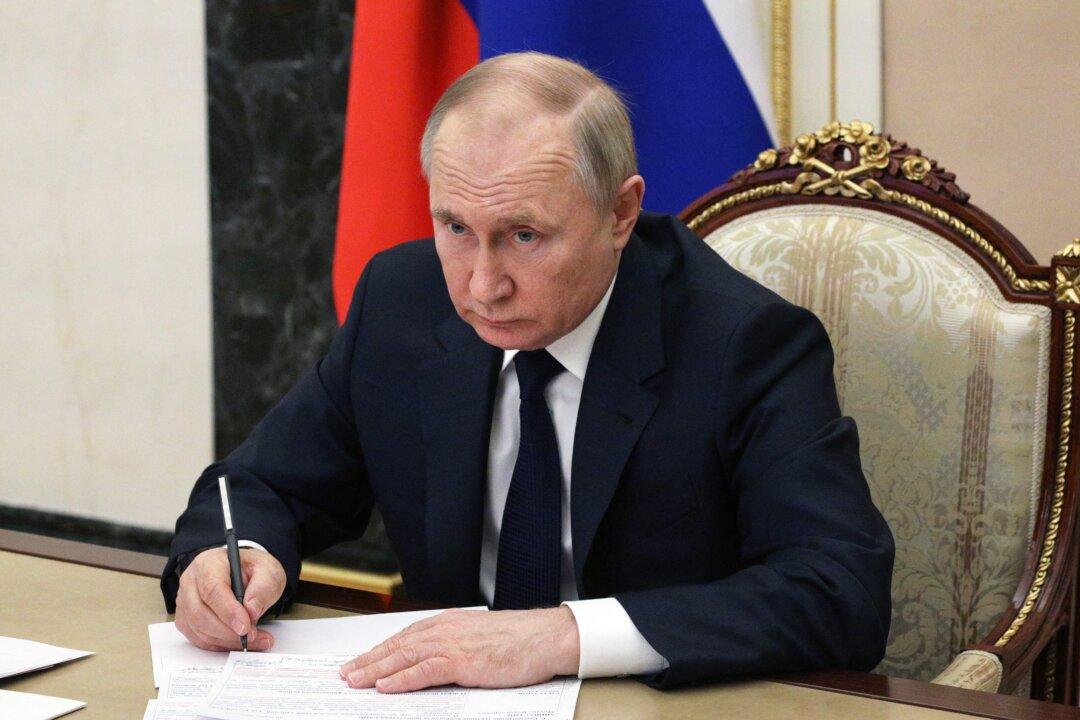Russian President Vladimir Putin has warned that any attempts to prevent exports of fertilizers, oil, gas, and metals will have “serious consequences on this segment of the world market and for food in general.”
Putin made the comments at a meeting with government members on March 10, according to the Russian state-run news agency TASS.




